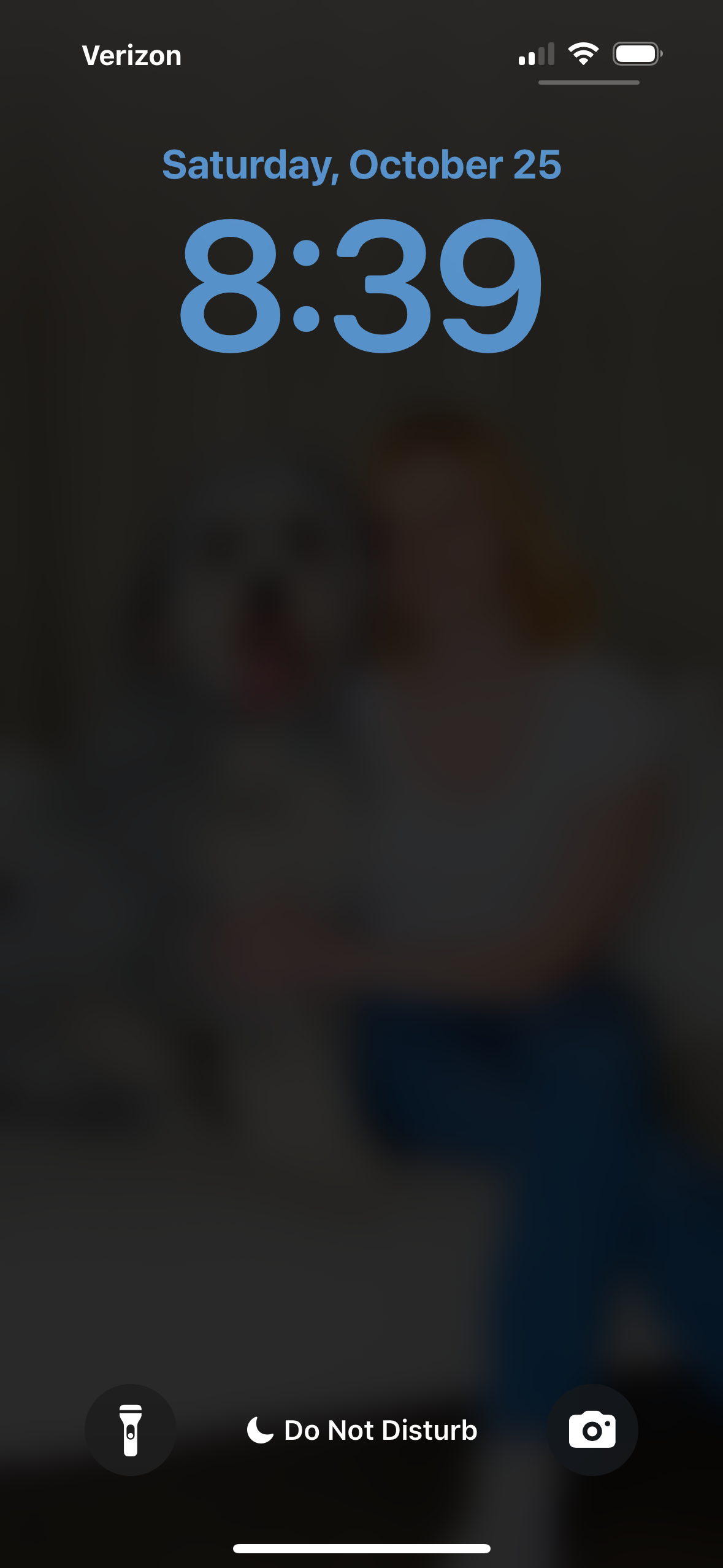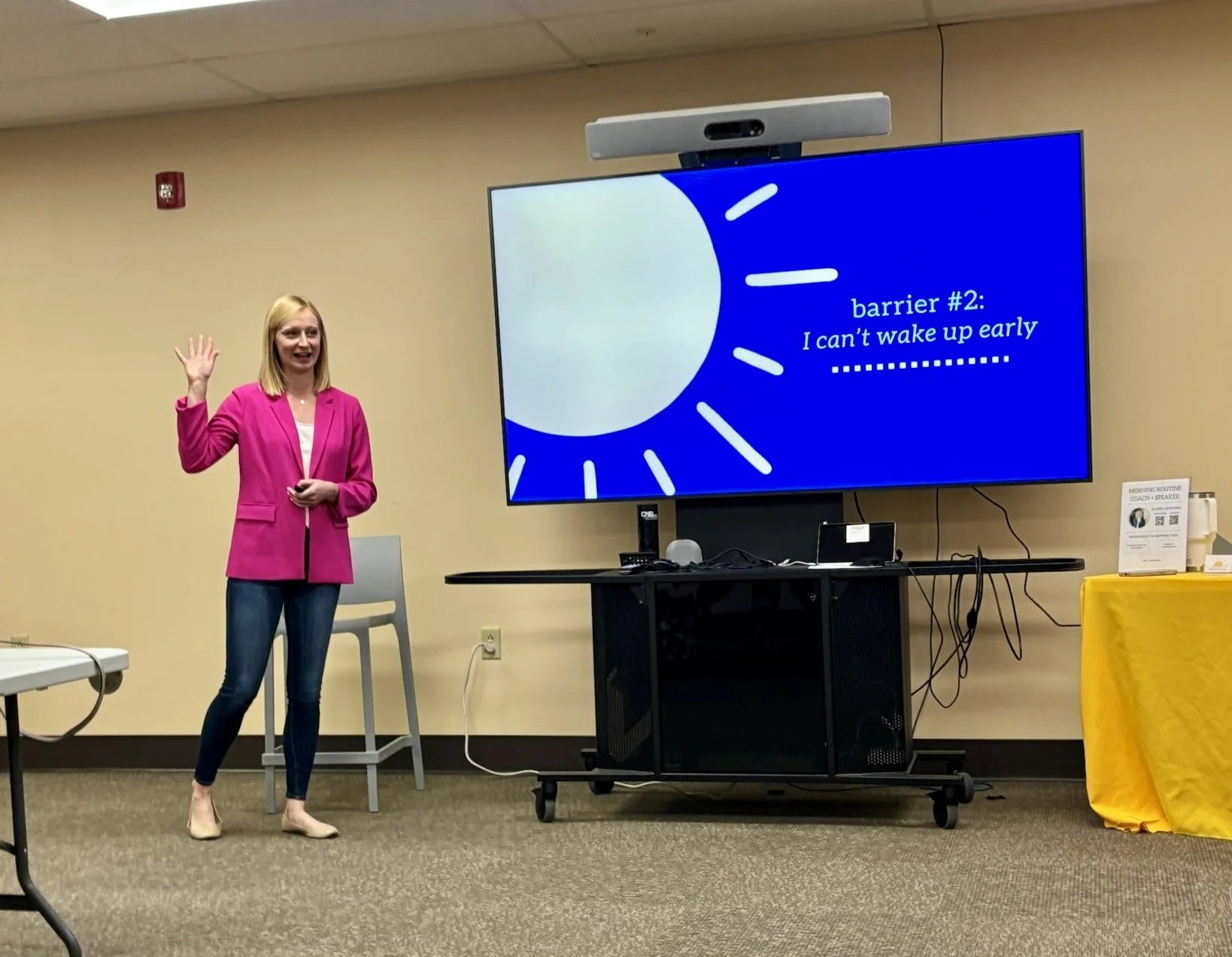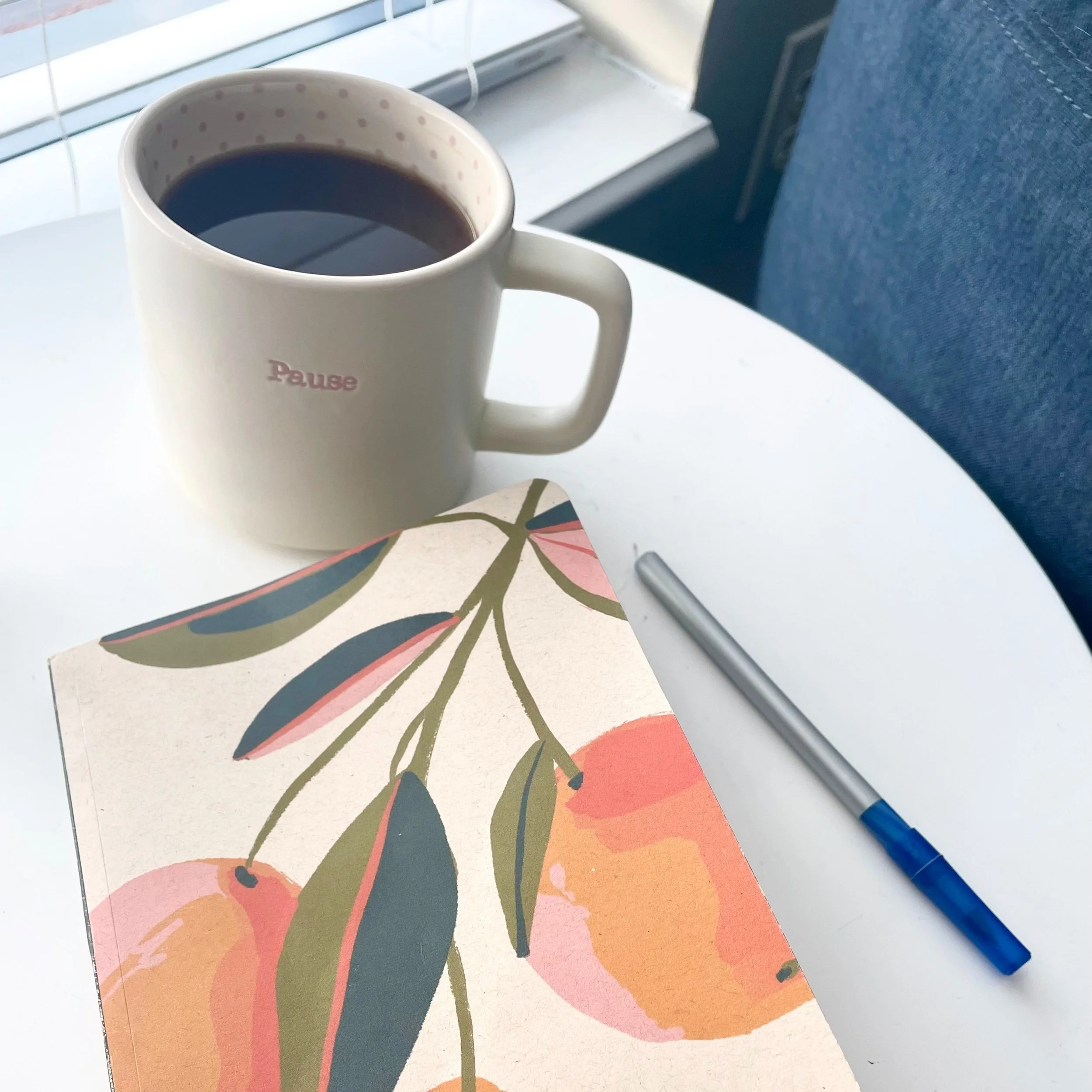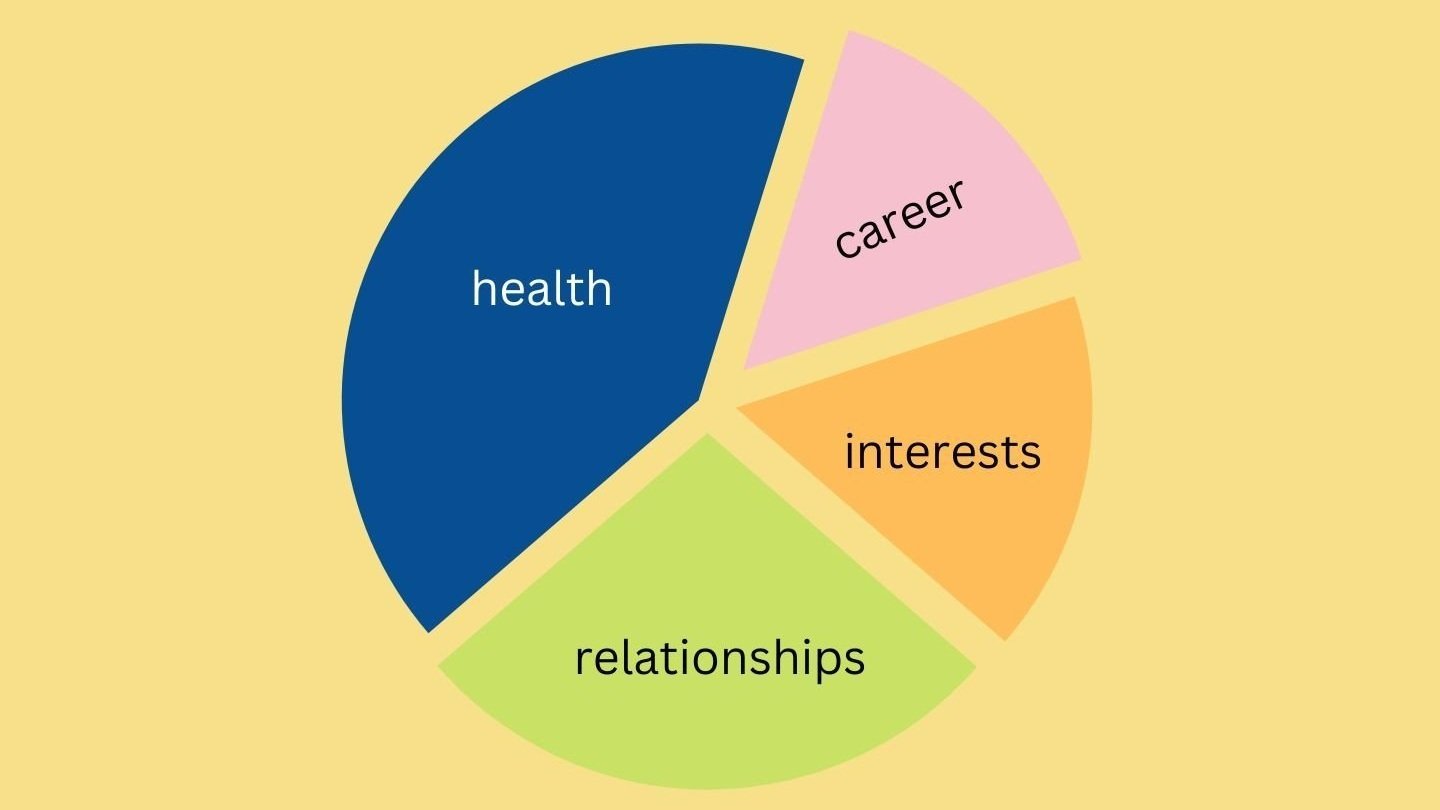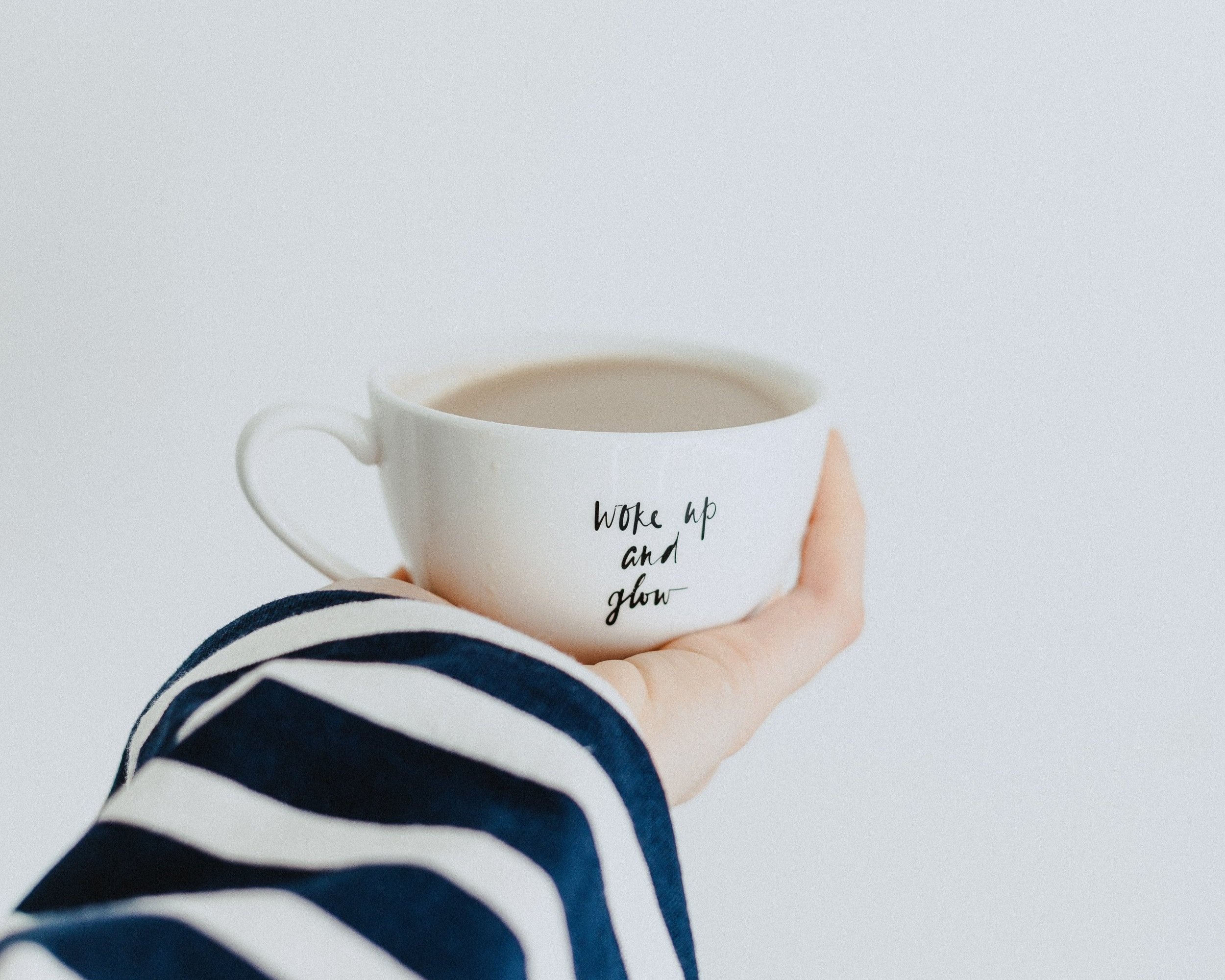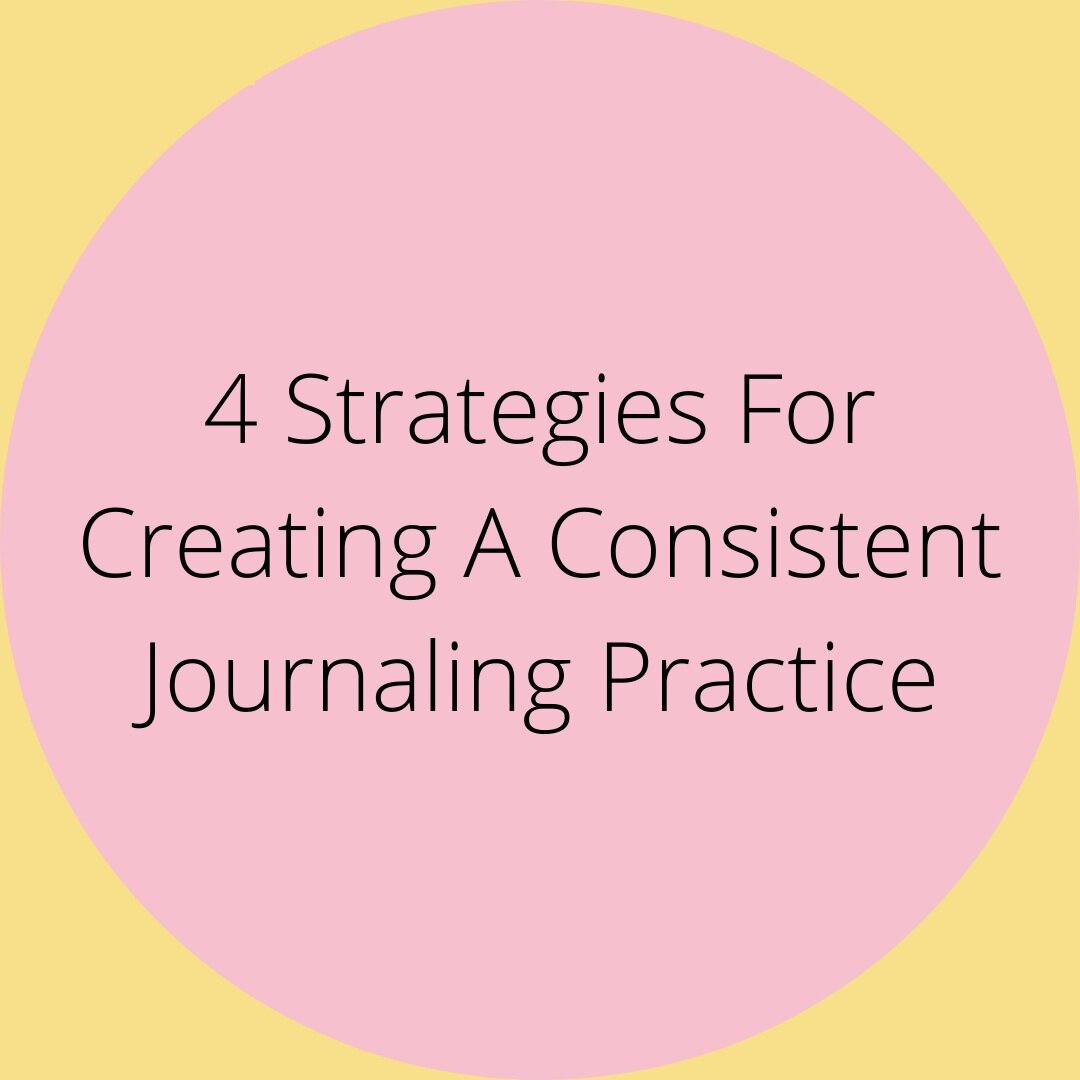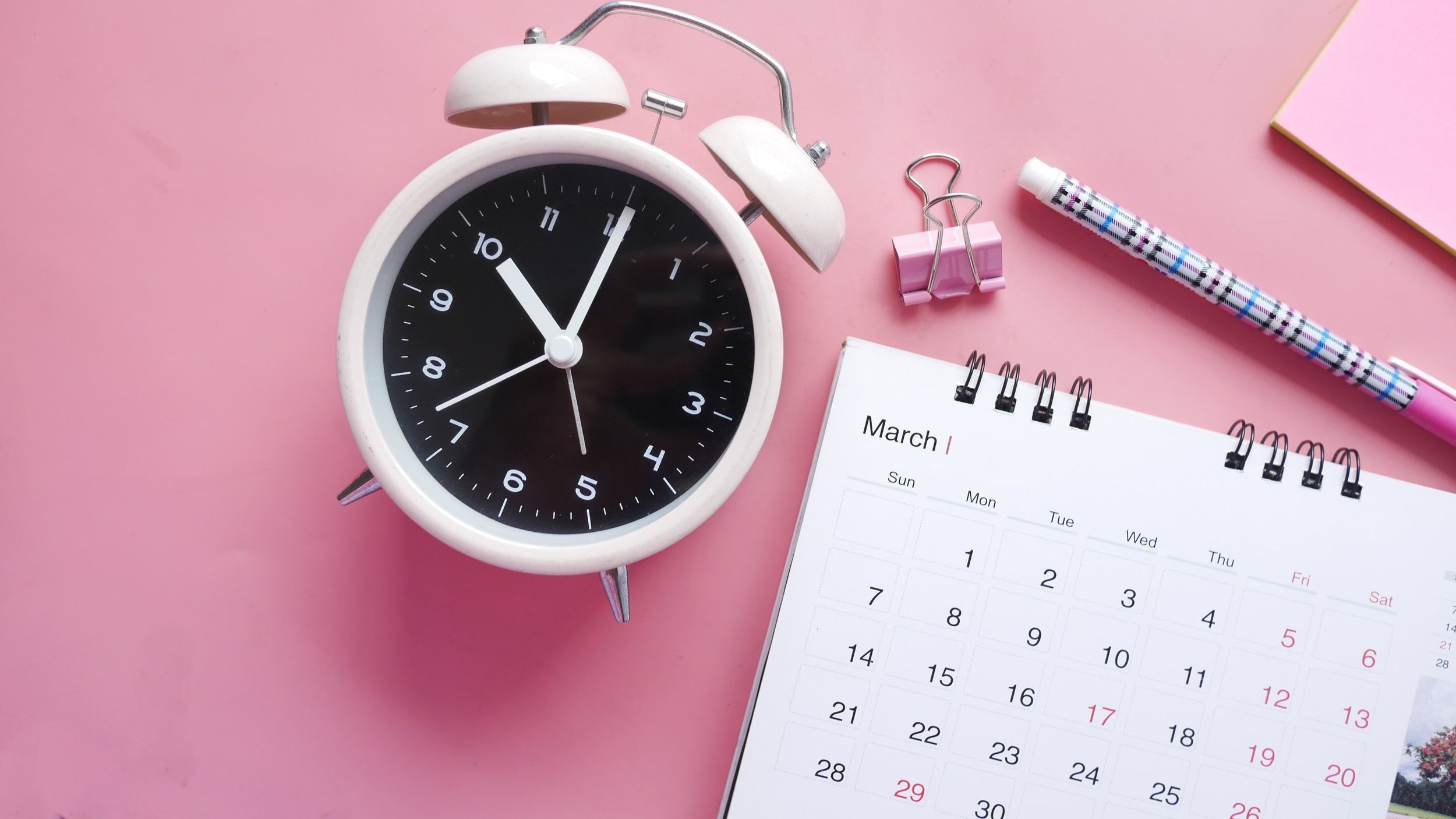Yes, I am one of those annoying morning people. But I wasn't always. And I also decided that I wanted to be.
You see, I HATED mornings. Drag myself out of bed, sometimes before the sun was up, to be somewhere at some time. I was just hopeful that I didn't hit snooze 1 too many times that I was going to be late or that I didn't spill coffee on myself as I rushed there.
During a rushed 30-minute commute I had to work each day, I would listen to podcasts with successful people talking about how much they loved their mornings and how they were so integral to their overall well-being.
Since I was at the point of despising mornings, I felt like I was doing something wrong.
So I tried to see what it was like to become a morning person.
Now, at first I thought that being a morning person meant you woke up at 5am and fought all the fires before the rest of the world woke up.
And it can mean that if you want it to, but it doesn't have to.
The key I found to becoming a morning person is making it a positive part of your day instead of a negative one that a lot of us are making it out to be.
So here is how I became morning person.
I put my alarm clock across the room.
You know how it goes. Alarm goes off, you roll over to your phone on the nightstand, and do your routine of how many times you hit snooze (mine was 3).
But why did I keep hitting snooze when I never fully went back into a deep sleep, felt more tired by the time I actually got out of bed, and made myself rush to where I needed to be?
So when I heard the trick to put my phone/alarm across the room, it worked like a charm. Now did I get up to hit snooze and hop back in bed the first couple of times I did this? Yes, but that got old after awhile and it didn't take long to train my body and brain that once the alarm goes off, its up and at 'em.
I get up on my own terms.
One of the reasons I didn't want to get out of bed was because someone else was telling me I had to. I was getting up at the time I was because work told me I needed to be there at a certain time. It was like I was starting my day on someone else's terms.
So now I start my day on my terms. Yes, I still need to be at work at a certain time, but I start my day how I want to. Whether that is reading on the porch or sit with a warm cup of coffee for a few moments, I pick 1 thing that allows me to start my day how I want and gets me excited to get up in the morning.
I have found that starting my day on my terms has brought me more purpose and empowerment in my life than almost anything else in my day.
I developed a morning routine.
The early morning mad dash. You probably heard of it. You rush around trying to get ready and you have already reached the level of stress in the first hour of the day. Not exactly ideal.
As I listened to these podcasts with success people, they talked about how they were creating a morning routine for themselves that allowed them to have a morning that made them both feel good and get things done.
So I have been experimenting with morning routines ever since.
I plan out the night before what all I would like to do in the morning and give myself plenty of time to do it. I have experimented with getting up at different times and doing things in different orders, and finding the flow that feels right in this season of life.
Journaling, make coffee, do hair and makeup. Workout, meditate, make coffee. Make coffee, yoga, write. Whatever I was feeling, but trust me coffee was always involved, and it was just a lot more enjoyable not spilling it down myself during the early morning mad dash.
Having a routine down that made me feel good and get things was such a fulfilling way to start my day.
Now does this require getting up earlier? Yes. But does it put me in a better mental state for the rest of my day? Absolutely! Even just waking up 10 minutes earlier can make a difference.
Like I said before, being a morning person isn't about waking up before the sun to fight the fires. It is about starting your day in a way that positively impacts your overall well-being.

